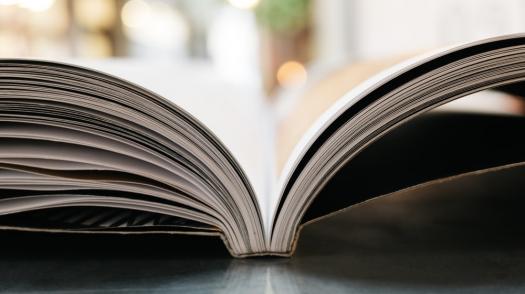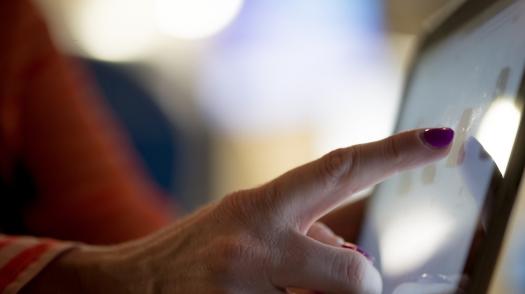
Cognitive and emotional effects of acquired brain injury
Our 'cognitive functions' describe the complex things that go on inside our head.
Charlotte sustained a brain injury seven years ago, aged 15, when the car she was travelling in was hit by another car. Her mother, Janet, shares their story.
Published: August 2016. Date of brain injury: 2009. Child's age at time of injury: 15 years.
When we were told Charlotte had a brain injury the main emotion was fear, gut wrenching, heart breaking fear.
We were sent home from hospital with the warning she would be tired and could have headaches. When all the other symptoms became apparent we felt lost and alone. We had to do a great deal of research ourselves. I think we should have been given a list of the possible symptoms but also be told she may have all, more or none of these, at least we would have had some preparation for the years that followed.
Life in the early days was a roller coaster for all of us, the headaches and unbelievable fatigue, the wild mood swings among other things made life extremely hard to cope with.
People didn’t understand the nature of brain injury and its effects, most still don't. I can’t blame them because we didn't either until we were faced with it.
Charlotte went through stages of denial, despair and depression. These children need the help of a therapist who is knowledgeable about brain injury to help them get to the stage of accepting.
Charlotte took more than five years to finally reach acceptance.
She learned to work within her limits, to plan her days so she gets the most out of the mornings as later she is getting tired and this makes her problems more apparent. She keeps a diary and makes notes to help to remember things.
We would have liked the school to have educated the teachers a bit, maybe have a meeting with someone who could give a talk to help them understand the problems; I think this would be helpful in all schools.
We are seven years down the line and we know that by now she is what she will be.
She lost her education as the accident was just before her exams. She was determined to be as normal as possible and got a job. We were worried that employers would not tolerate the limits she has and sudden time off for headaches, but she negotiated with them to work the hours suited to her and she copes well. She only works part time, she tried full time and it was making her ill. She goes to bed early to make sure she can cope in the day.
She has come such a long way with lots of support from family, professionals and medication.
She has cognitive problems, headaches and tiredness but has learnt to live within her limitations. Without some of the professional help I don’t think she would be where she is now.
As Charlie's mum I used to get the brunt of her moods, I sometimes felt she hated me. If this happens don’t take it personally, just stay strong and do your crying when you are away from the child. Be prepared for anything and then you will cope when things happen.
Fight for help, it's not easily available. Most GPs have no idea so keep pushing. Most of all do your own research to help you understand.
Read 'The spoon theory'. It really helps you understand what it is like for your child.

Our 'cognitive functions' describe the complex things that go on inside our head.

This section talks about the steps towards adulthood after an acquired brain injury.

Our series of free books and resources aimed at children and families (P&P costs only).